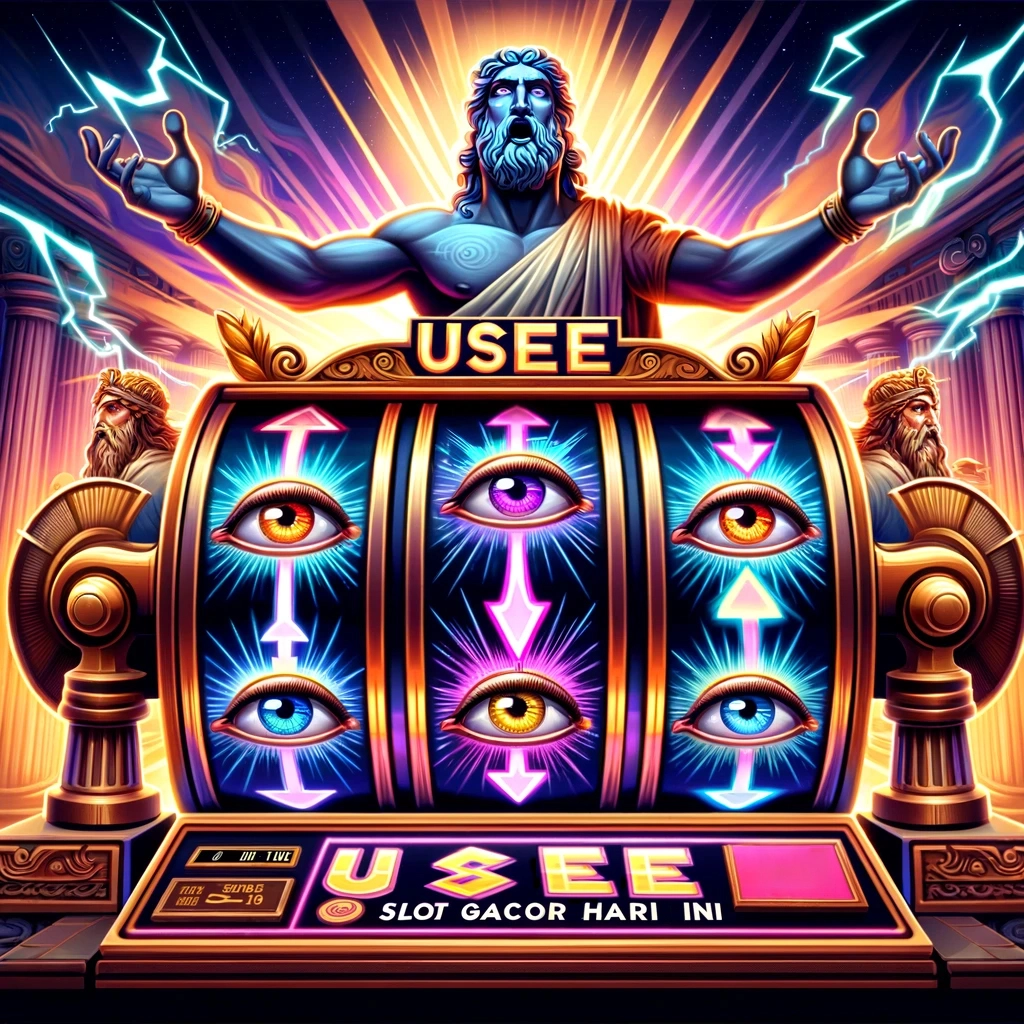
Slot88 merupakan situs judi slot online terbesar di Indonesia saat ini. Yang menawarkan berbagai pengalaman bermain judi online yang tidak tertandingi. Dengan jenis macam game slot gacor hari yang sudah tersedia, tatap muka para pengguna yang ramah serta navigasi bebas hambatan, dengan keamanan dan kenyamanan yang tinggi. Situs ini menjadi pilihan terbaik untuk para penikmat judi slot online.
Fitur unggulan dari slot gacor adalah variasi game slot online yang tersedia. Para pemain bisa memilih banyak ratusan opsi game slot online dengan tema dan fitur yang berbeda dalam memenuhi selera para pemain judi slot online. Selain itu, pengguna situs judi slot online ini dirancang supaya mudah digunakan dengan navigasi di dalamnya yang sangat lancar.
Situs ini menggunakan sistem teknologi enkripsi yang canggih untuk melindungi transaksi finansial dan data pribadi pemain. Maka dengan demikian, pemain akan lebih merasa tenang dan aman saat sedang melakukan aktivitas permainan perjudian online.
Langkah Menang Dalam Bermain Game Slot Online
Pemain slot mana yang tidak mau menang saat sedang bermain slot online ? Meskipun game ini sudah bergantung pada keberuntungan kalian, akan tetapi ada beberapa langkah yang bisa meningkatkan peluang bermain slot online kalian dalam meraih kemenangan yang besar.
Penting untuk kalian dalam memilih mesin slot online yang tepat. Banyak berbagai macam mesin slot online dengan karakteristik serta pembayaran yang berbeda. Memahami aturan dan juga cara kerja setiap mesin slot saat sebelum kalian memulai permainan. Apabila kalian lebih suka untuk mendapatkan hadiah yang kecil secara reguler, maka pilihlah mesin slot online dengan volatilitas yang rendah. Namun, jika kalian mengincar jackpot yang besar, maka kalian pilihlah mesin slot dengan volatilitas yang tinggi.
Memanfaatkan promoo dan bonus yang telah ditawarkan oleh situs kasino online ini. Banyak situs game judi online yang menawarkan putaran gratis dan bonus deposit untuk para pemain baru dan pemain lama setia mereka. Kalian manfaatkan sebaik mungkin untuk promo dan bonus agar dapat meningkatkan modal taruhan kalian dalam mencoba peruntungan bermain di mesin slot online .
Dan jangan lupa untuk mengatur modal pengeluaran kalian selama bermain judi slot online. Tetapkan batasan modal kalian sehingga tidak terjebak saat dalam perjudian online berlebihan. Bermain bijak ialah salah satu cara supaya hiburan game ini tetap menyenangkan dan tidak membahayakan kondisi finansial para pemain.
Menjaga emosi kalian ketika saat sedang bermain judi slot online. Jangan biarkan diri kalian frustrasi dan keserakahan dalam menguasai diri kalian. Karena dapat membuat keputusan yang buruk dan juga menguras kantong kalian.
Penawaran Terbaik Di Situs Slot Gacor
Slot gacor adalah situs game judi slot online yang banyak menawarkan berbagai macam jenis permainan slot. Situs ini juga memiliki banyak sejali keunggulan serta fitur menarik yang telah membuatnya menjadi salah satu pilihan favorit untuk pemain judi online sat ini.
Slot gacor bekerja sama dengan banyak penyedia game online terkemuka dalam menyajikan pilihan permainan judi online terbaik untuk para pemain slot online. Dari tema game yang klasik hingga yang modern, dan ada banyak juga pilihan yang menarik untuk kalian mainkan.
Slot gacor juga sudah menawarkan bonus serta promosi yang menggiurkan untuk para pemainnya. Situs kami memberikan bonus untuk member baru bagi para anggota baru dengan promo mingguan dan bulanan yang bisa meningkatkan peluang kemenangan kalian untuk memenangkan keuntungan yang besar.
Kalian dapat dengan mudah untuk menjelajahi situs terbaik ini dan menemukan game slot online favorit kalian tanpa ada kesulitan, karena situs kami menggunakan tampilan dengan antarmuka para pengguna yang ramah.
Kami dengan senang hati menyediakan layanan customer servis 24 jam untuk memastikan setiap kebutuhan serta pertanyaan para pelanggan kami kapan saja dan dimana saja
Jadi tidak heran jika slot gacor menjadi situs game judi slot online yang populer dan terbaik di Indonesia saat ini. Tunggu apa lagi? Ayo bergabung dan nikmati pengalaman dalam bermain judi slot online terbaik kalian di situs ini!






